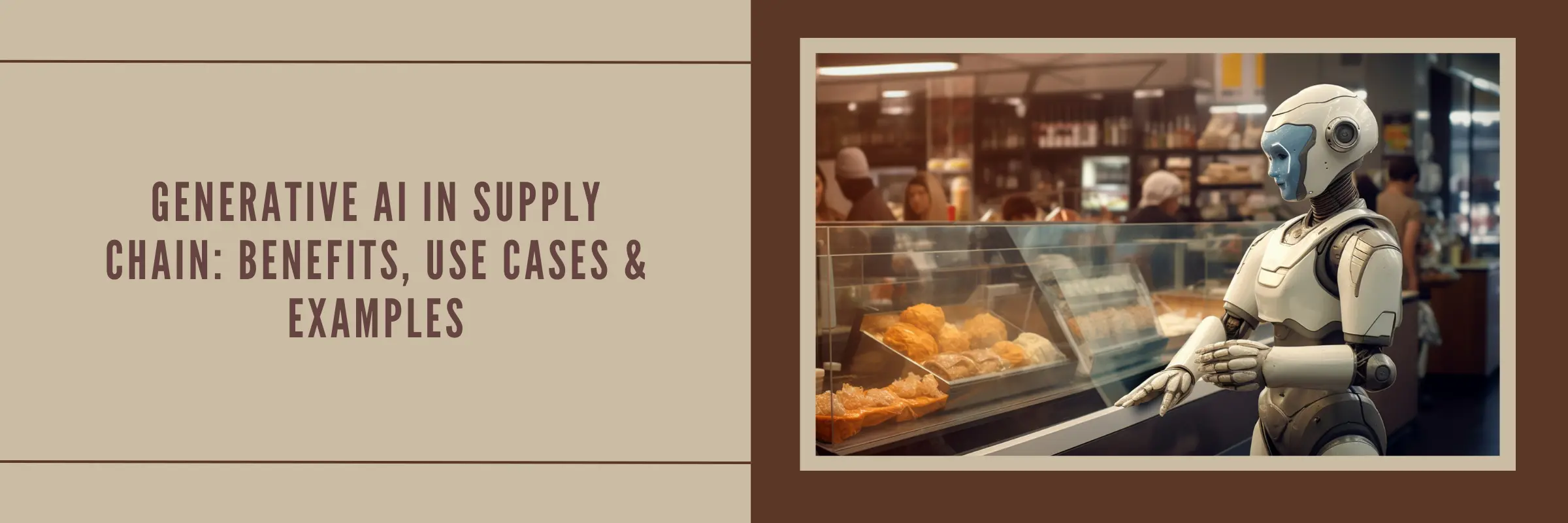
Generative AI in Supply Chain: Benefits, Use Cases & Examples
Manu Jain | July 9, 2024 , 15 min read
Table Of Content
Over the past year, there has been a significant increase in Google searches for generative AI. Conversations about AI and ChatGPT are happening everywhere, across all industries. Many questions arise, such as what implications AI has for businesses, how it can be utilized, and whether it will replace jobs.
Generative AI has been applied practically in various ways, particularly in the supply chain. There is still untapped potential to be explored in this area.
Ecommerce businesses that don’t take advantage of AI’s capabilities risk falling behind. However, there are concerns about its safe and ethical use.
In this article, we will explore the applications of generative AI in the supply chain and provide insights into its use cases. We will also look into the challenges associated with adopting AI.
Key Takeaways
- Generative AI presents a wealth of opportunities for optimizing supply chain operations, including demand forecasting, risk management, and cost reduction.
- It uses AI algorithms to analyze data, predict outcomes, and provide recommendations, enhancing sourcing, production, logistics, and inventory management.
- Demand forecasting, inventory optimization, route planning and predictive maintenance are some of the top applications of Gen AI in supply chain.
- Generative AI reduces costs by optimizing inventory, improving logistics, and automating repetitive tasks, leading to faster deliveries and better decision-making.
- Data quality issues, integration complexity, skill shortages, ethical considerations, and high implementation costs can be some key hurdles for effective implementation.
What is Generative AI in the Supply Chain?
- What is Generative AI in the Supply Chain?
- How is Generative AI Used in Supply Chain?
- 6 Benefits of Generative AI in Supply Chain Management
- 5 Key Generative AI Use Cases in Supply Chain
- Challenges of Generative AI in the Supply Chain
- Case Study: Generative AI in Supply Chain Examples
- Conclusion
- Frequently Asked Questions (FAQs)
- Similar Articles Around Generative AI
Generative AI in the supply chain refers to the use of artificial intelligence (AI) algorithms that can generate new, original content or insights relevant to supply chain management. It can analyze data, predict outcomes, and provide recommendations to improve various aspects of the supply chain, including sourcing, production, logistics, and inventory management.
Generative AI in the supply chain can be used for demand forecasting, inventory optimization, route optimization, predictive maintenance, risk management, and supplier relationship management, among other applications.
By leveraging generative AI, organizations can make more informed decisions, automate repetitive tasks, and optimize their supply chain processes for greater efficiency and cost savings.
How is Generative AI Used in Supply Chain?
Generative AI is transforming supply chain management operations by enhancing efficiency, accuracy, and decision-making through its advanced capabilities.
One primary application is demand forecasting. By analyzing historical sales data, market trends, and external factors like weather and holidays, generative AI predicts future product demand with high accuracy, enabling optimal inventory levels and reducing stockouts and excess inventory.
- When it comes to supply chain optimization, generative AI simulates various scenarios, such as supplier disruptions or changes in transportation routes, to determine the most efficient and cost-effective strategies. This ensures seamless operations and reduces costs.
- Inventory management benefits from generative AI’s ability to predict optimal stock levels, minimizing holding costs and ensuring product availability. In predictive maintenance, generative AI analyzes sensor data to foresee equipment failures, allowing for preemptive maintenance that reduces downtime and repair costs.
- Generative AI for supply chain also optimizes logistics and routing by considering real-time traffic data and delivery schedules, resulting in faster deliveries and lower fuel consumption. In supplier risk management, generative AI assesses risks by analyzing supplier performance and geopolitical factors, suggesting mitigation strategies to ensure a resilient supply chain.
- Additionally, generative AI enhances quality control by inspecting products during manufacturing to detect defects early, maintaining high-quality standards. In product design, generative AI generates multiple design variations based on market trends, speeding up the prototyping process.
Need Real-Time Supply Chain Insights?
Utilise AI analytics to monitor and respond to disruptions promptly, ensuring continuity.
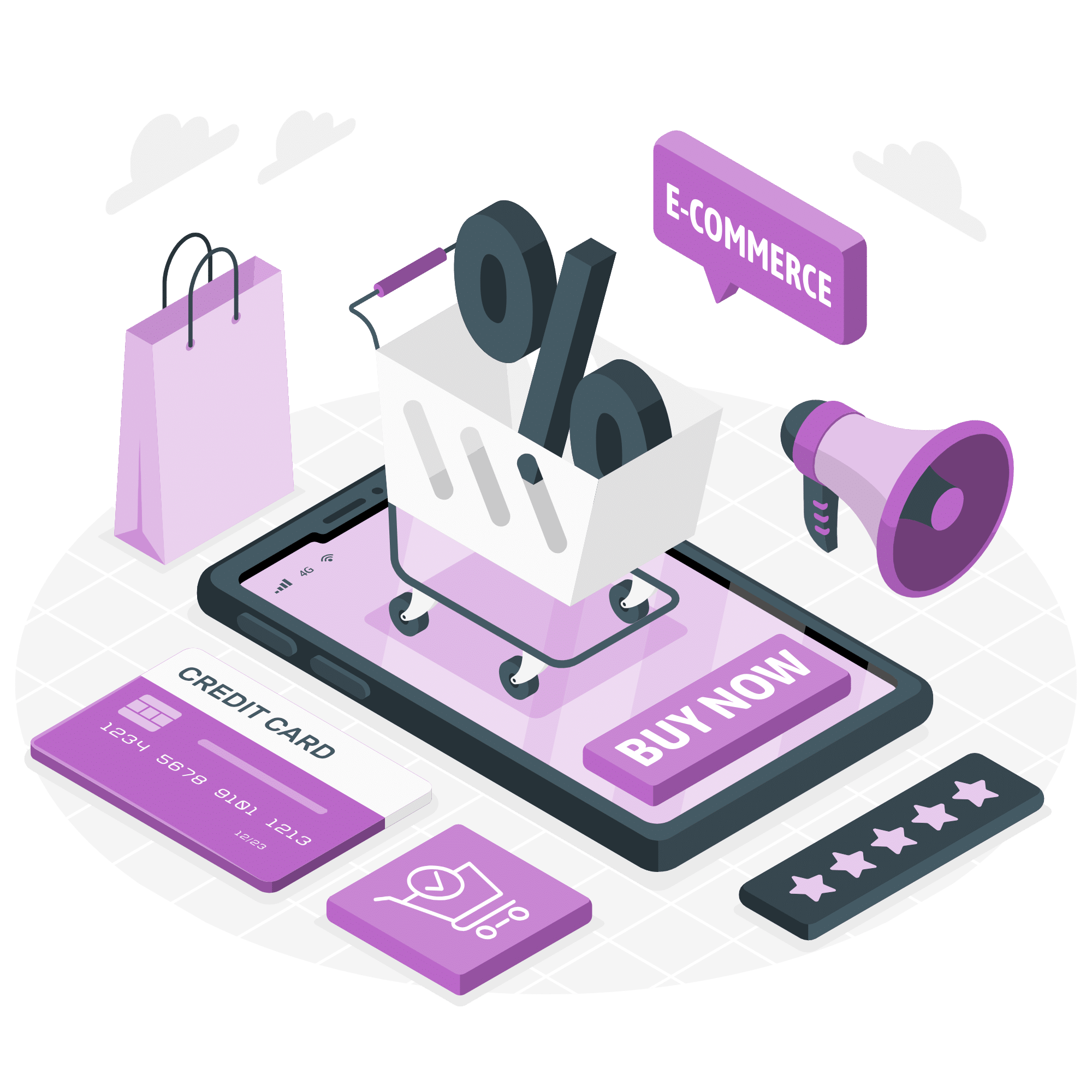
6 Benefits of Generative AI in Supply Chain Management
Generative AI provides various advantages in supply chain management such as:
1. Route Optimization
A transportation company can use Generative AI to plan delivery routes for its vehicles based on real-time traffic data, weather conditions, and delivery priorities. Generative AI can optimize delivery routes by analyzing factors such as traffic conditions, delivery schedules, and vehicle capacities. This helps in reducing transportation costs and improving delivery efficiency.
2. Supply Chain Risk Management
Generative AI can analyze various sources of data, such as news feeds, weather reports, and social media, to identify potential risks to the supply chain. In a food company, Generative AI can be used to monitor news reports and social media feeds for mentions of food safety issues or supply chain disruptions. This helps proactively manage risks and mitigate potential impacts on the supply chain.
3. Cost Savings
By optimizing inventory, improving demand forecasting, and enhancing supply chain visibility, Generative AI can lead to significant cost savings. For instance, a logistics company used Generative AI to optimize its route planning, reducing fuel costs and vehicle maintenance expenses. This resulted in substantial savings while improving delivery times and customer satisfaction.
4. Supplier Relationship Management
Generative AI can analyze supplier performance data to help organizations identify and develop strong relationships with reliable suppliers, reducing supply chain risks and improving overall performance.
5. Improved Demand Forecasting
Generative AI provides more accurate demand predictions by analyzing a wide array of data sources, including historical sales, market trends, and external factors. This leads to better inventory management, reduced stockouts, and minimized excess inventory, ensuring that the right products are available at the right time.
6. Data-Driven Decision Making
Generative AI provides actionable insights and recommendations based on comprehensive data analysis. This enhances decision-making processes, allowing supply chain managers to make informed decisions that improve efficiency and effectiveness.
5 Key Generative AI Use Cases in Supply Chain
Generative AI can be applied to various aspects of the supply chain, offering innovative solutions and enhancing efficiency such as:
1. Demand Forecasting
Retail chains can use Generative AI to predict the demand for certain products during seasonal sales based on past data, weather forecasts, and regional trends. Generative AI can analyze historical sales data, market trends, and other relevant factors to forecast demand more accurately. This helps in optimizing inventory levels and reducing stockouts or overstock situations.
2. Inventory Management
To reduce inventory holding costs while ensuring timely availability of materials, Generative AI can optimize inventory levels by analyzing various factors such as sales data, lead times, and supplier performance. For instance, a manufacturing company can use Generative AI to determine the optimal reorder point for raw materials based on production schedules, supplier lead times, and market demand fluctuations.
3. Supplier Relationship Management
Generative AI can analyze supplier performance data, market trends, and other relevant factors to optimize supplier selection and management. For example, a logistics company can use Generative AI to identify the best suppliers based on criteria such as cost, quality, and delivery times. This helps in building strong and efficient supplier relationships, leading to cost savings and improved service levels.
4. Customer Service and Chatbots
Generative AI-powered chatbots handle customer inquiries, providing accurate and timely responses. This improves customer satisfaction and reduces the workload on human customer service agents.
For example, Shopify uses AI-powered chatbots to assist customers with order tracking, product information, and troubleshooting. The chatbots generate responses based on customer queries, providing instant support and freeing up human agents to handle more complex issues.
This enhances the overall customer experience and improves operational efficiency. This is one way of using Generative AI in supply chain.
5. Product Design and Development
Another use case of Gen AI in supply chain management is that it accelerates product design by generating multiple design variations based on customer preferences and market trends. This speeds up prototyping and reduces time-to-market.
For example, Shoe manufacturers can leverage generative AI to come up with new designs for footwear. The AI system will generate various design options based on customer feedback and fashion trends. Designers can then choose the most promising designs for further development, reducing the time required to bring new products to market.
Lead the AI Revolution in Procurement!
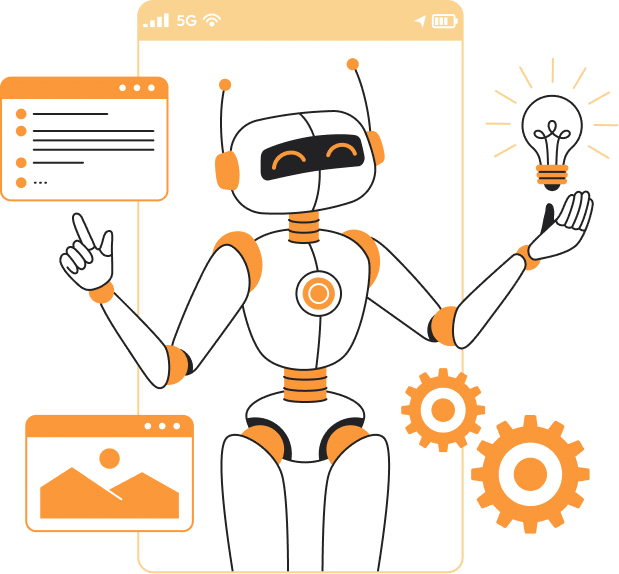
Challenges of Generative AI in the Supply Chain
There are various challenges that need to be addressed while incorporating Generative AI in the supply chain. Let’s take a look at them:
1. Data Quality and Availability
Generative AI relies on large amounts of high-quality data. Ensuring data accuracy, completeness, and consistency can be challenging, especially when dealing with data from multiple sources.
2. Complexity and Integration
Integrating Generative AI into existing supply chain systems and processes can be complex. It may require significant changes to infrastructure, as well as the integration of AI models with other systems and data sources.
3. Skill Gap
Implementing Generative AI requires specialized skills in data science, machine learning, and AI, which may not be readily available within organizations. Training or hiring experts may be necessary.
4. Ethical and Legal Considerations
Generative AI raises ethical and legal questions, such as data privacy, bias, and accountability. Ensuring compliance with regulations and ethical guidelines is crucial.
5. Costs
Implementing Generative AI involves upfront costs for technology, training, and integration. Organizations must carefully evaluate the return on investment (ROI) to justify these expenses.
Case Study: Generative AI in Supply Chain Examples
With the continuous expansion of artificial intelligence, businesses in different sectors are increasingly tapping into its capabilities to enhance efficiencies and boost profits. Supply chain management is no exception.
Generative AI, in particular, is being creatively employed to enhance different facets of the supply chain.
Let’s explore some interesting instances of generative AI in the supply chain.
1. IBM’s Watson Supply Chain
IBM’s Watson Supply Chain uses Generative AI to optimize supply chain operations. It analyzes data from various sources, such as sensors, IoT devices, and ERP systems, to predict demand, identify risks, and recommend efficiency improvements. For example, Watson Supply Chain can help companies reduce inventory carrying costs by optimizing inventory levels based on demand forecasts and supplier performance data.
2. Amazon’s Robotics and Automation
Amazon uses Generative AI in its warehouses to automate and optimize various aspects of its supply chain. For example, Amazon’s robots use AI algorithms to navigate warehouses, pick and pack orders, and optimize inventory placement to minimize the time and effort required for fulfillment. This automation and optimization help Amazon reduce costs, improve speed, and enhance customer satisfaction.
3. Maersk’s Predictive Maintenance
Maersk, the world’s largest container shipping company, uses Generative AI for predictive maintenance of its fleet. By analyzing data from sensors on its vessels, Maersk can predict when maintenance is needed, reducing downtime and improving the reliability of its fleet. This approach has helped Maersk save millions of dollars in maintenance costs and improve its operational efficiency.
Conclusion
Generative AI, the latest technological frontier, transforms supply chain operations by optimizing routine workflows and extracting valuable insights. This is just the beginning.
The year ahead promises even more advancements in Generative AI, including enhanced predictive analytics, expedited deliveries through drones and autonomous vehicles, cost reduction, increased productivity with AI-driven robotics, and more. These trends will undoubtedly keep supply chain organizations ahead of the curve.
Of course, challenges like data quality and accessibility, infrastructure, vendor collaboration, post-implementation issues, integration with third-party systems, and human factors may arise. However, technology has the potential to overcome these obstacles with innovative solutions.
As your dedicated AI partner, we at ScaleupAlly empower businesses with cutting-edge Generative AI Development services. Our offerings include Gen AI consulting and strategy, model integration and deployment, model fine-tuning, custom Gen AI solutions, AI model development, and model replication.
ScaleupAlly follows a well-structured AI model development lifecycle, covering crucial stages from identifying use cases to model creation and deployment.
Partner with us for an exceptional experience in Generative AI development services and solutions.
Frequently Asked Questions (FAQs)
Q: What is the future of Generative AI in the supply chain?
The future of Generative AI in the supply chain is expected to involve advanced data analytics, predictive analytics, automation, personalization, blockchain integration, collaborative platforms, and a focus on sustainability and ethical practices.
Q: What are the key considerations for organizations adopting Generative AI in their supply chain?
Key considerations include ensuring data quality and availability, identifying the right use cases for Generative AI, evaluating the costs and benefits, and developing a clear implementation strategy.
Q: How can Generative AI help in improving the efficiency of warehouse operations?
Generative AI can improve warehouse efficiency by optimizing layout design, inventory placement, and picking routes. It can also help automate inventory management tasks and reduce errors in order fulfillment.
Similar Articles Around Generative AI
Related Blogs
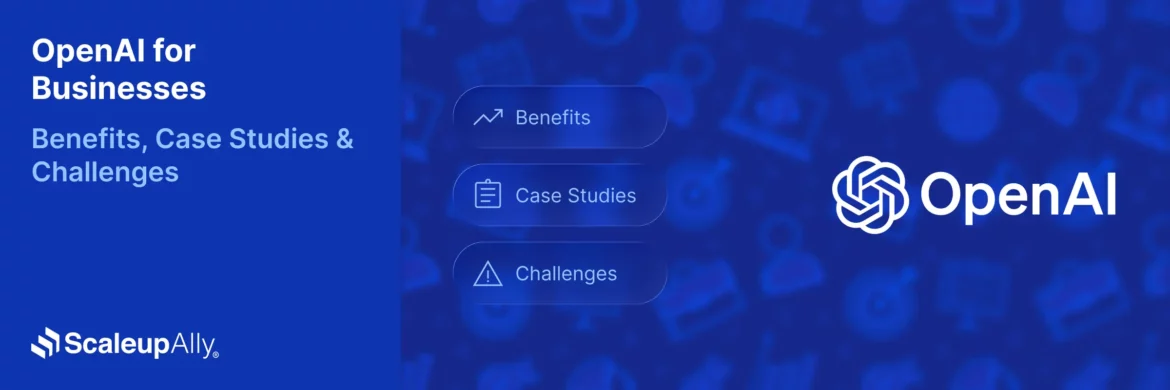
OpenAI for Businesses [Benefits, Use Cases & Challenges]
Discover the benefits of OpenAI for businesses. From reducing costs to scaling operations and enriching customer experiences. Real-world use cases included.
ScaleupAlly Team
Dec 16 ,
11 min read
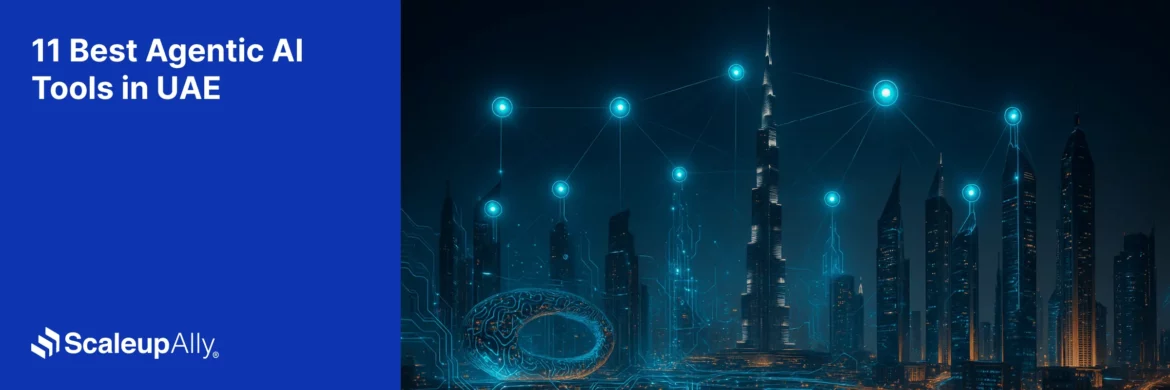
Best 11 Agentic AI Tools in UAE: Accelerating Digital Transformation
Discover the top 11 agentic AI tools in UAE for 2025. Explore features, benefits, and tips to choose the right AI tool for your business growth.
Manu Jain
Nov 6 ,
9 min read
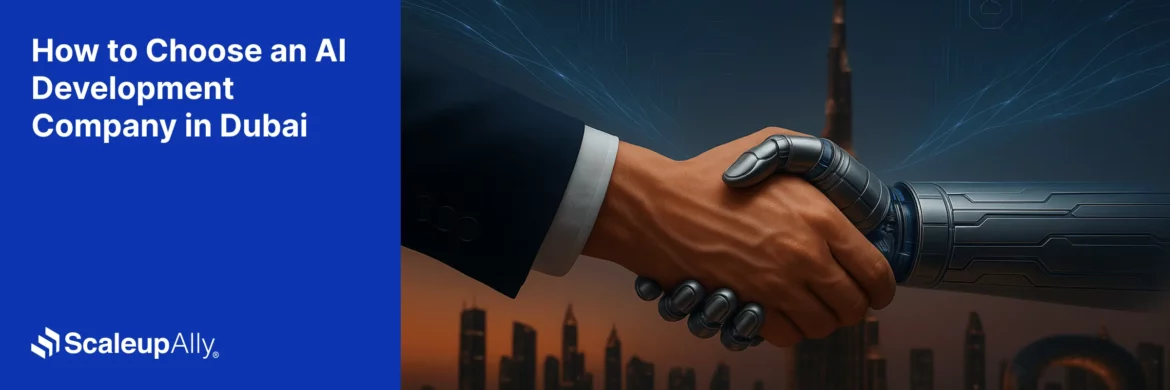
How to Choose an AI Development Company in Dubai: A Complete Guide
Find out how to choose the right AI development company in Dubai. Learn key factors, local considerations, and tips to select the best partner.
Manu Jain
Nov 6 ,
9 min read



